VANCOUVER — The City of Vancouver is proposing several policy changes to increase housing options in the Downtown Eastside (DTES), including for those living in Single Room Occupancy buildings (SROs), and as such is seeking further input from residents to bring back to council later this year.
The changes follow a council direction to “explore policy updates that would make it easier and more affordable for governments, non-profits and the private sector to build low-income housing and replace aging SROs. Proposed changes align with the vision outlined in the 2014 DTES Plan of providing diverse housing options, fostering a mixed-income community and enhancing the quality of life for low-income residents.”
The city has cited changes are needed because the current definition of social housing in the DTES and existing inclusionary housing policy, which sets out the required mix of social and market rental housing in the Downtown Eastside-Oppenheimer District (DEOD), compounded by high construction costs, have been a barrier to the construction of social housing.
The proposed changes are as follows:
- Updating the policy for inclusionary social housing developments in the DEOD from 60 per cent social housing and 40 per cent secured market rental to 80 per cent secured market rental housing and 20 per cent social housing.
- Allowing private developers to deliver below-market rental housing with 10 per cent of units at deeply discounted rents to replace SROs.
- Increasing the allowable height and density in some areas, up to 32 storeys. Proposed changes could slightly impact the current views from three vantage points: Queen Elizabeth Park, the Olympic Plaza Stage and Creekside Park.
- Aligning the definition of social housing with government funding programs by adjusting the requirement from a minimum of 33 per cent of units at the shelter rate of income assistance to a minimum of 30 per cent of units at or below Housing Income Limits with at least 20 per cent of units at the shelter rate of income assistance.
- Streamlining development processes for heritage buildings.
“While proposed changes would reduce the number of shelter rate housing and social housing units required for individual projects, they would improve the financial viability of these projects, leading to more overall social housing being built,” the city explains. “More housing options for lower-income residents, including those in the DTES, will contribute to a more equitable housing system both within the DTES and across Vancouver.”
Some of the proposed changes have received criticism from groups and members of the community about where some of those living in the area would go.
The city has said: “To address concerns about displacement, the City’s Tenant Relocation and Protection Policy would help ensure that those affected by redevelopment have the opportunity to either stay in the DTES in new, modern buildings or transition to other affordable housing options across the city.”
Those who would like to provide feedback can do so until May 16. For more information visit, shapeyourcity.ca/dtes-housing.


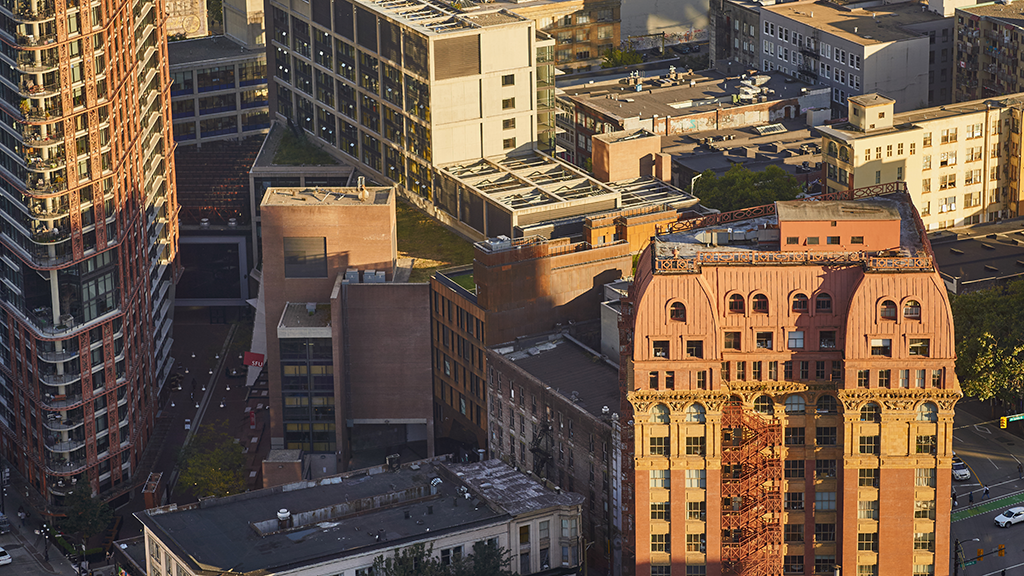




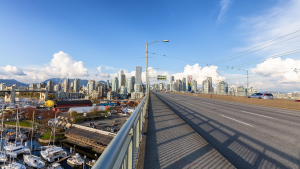
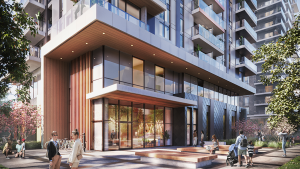
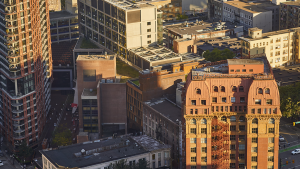

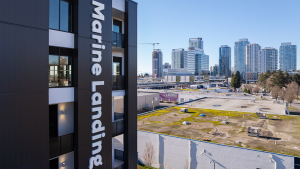
Recent Comments